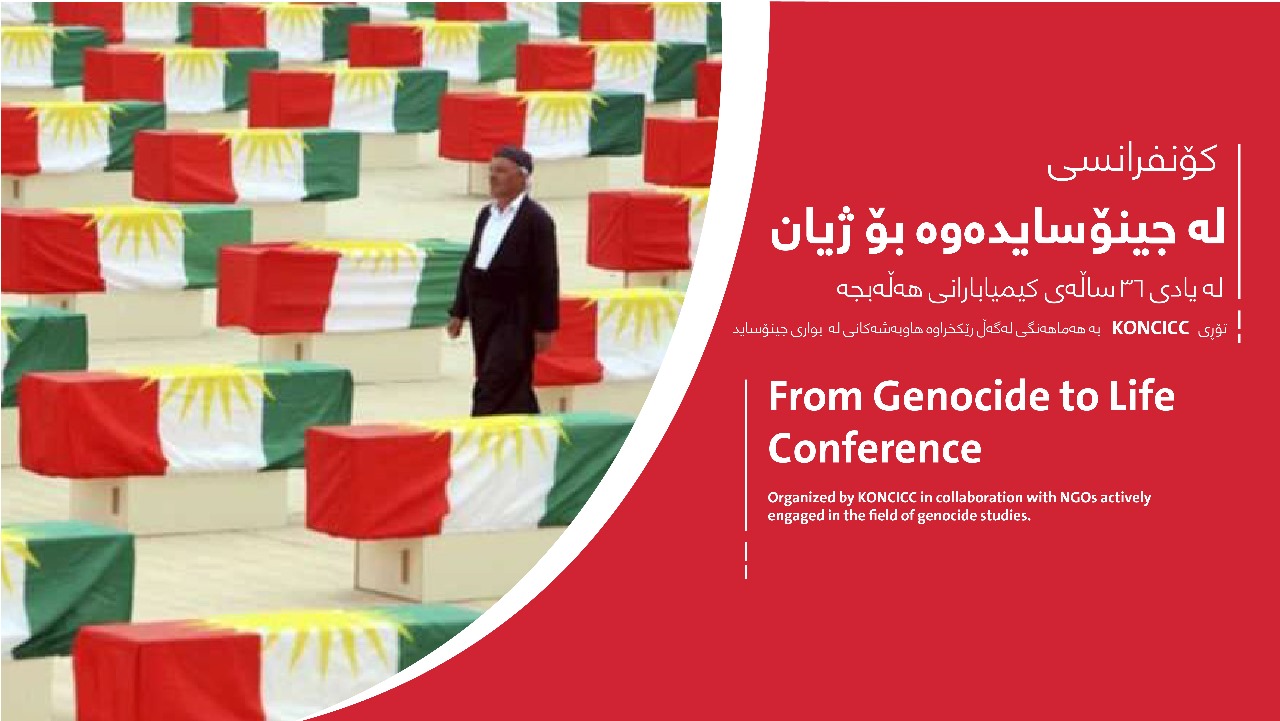
Speaking at the Genocide to Life Conference in Erbil, Dr A R Sriskanda Rajah, representing the World Tamil Co-ordinating Committee drew parallels of the genocide experienced by the Kurds and Eelam Tamils adding that the journey to justice has also been long and arduous for both.
The event organized by KONCICC and sponsored by the Kurdistan Regional Government was held earlier this week at the Kurdish capital of Erbil. Dr Sriskanda Rajah was the guest speaker on behalf of World Tamil Co-ordinating Committee.
“The Kurds and the Tamils are the world’s two largest nations without a nation-state. Your struggle for self-determination and sovereignty in Kurdistan has been almost as long as our struggle for the Tamil homeland, Tamil Eelam,” he said at the forum. “This is the nature of biopolitics, where species and people are postured and disciplined to fit a certain mould and anything outside of it is seen as a threat and becomes targets.”
Dr Sriskanda Rajah spoke of how the Tamil homeland, Eelam has been their home for thousands of years, just like the Kurds, with a rich language, culture and history.
He also spoke of the genocide suffered by both, detailing how former president Gotabaya Rajapaksa who was at the time, the Defence Secretary ordered that the Tamils be contained in an area called the no-fire zone. “Schools, temples, hospitals and anything else the area was shelled and bombed. When asked by the media, he said nothing must exit outside the no-fire zone. This order is no different to the orders given by Saddam Hussein’s henchmen.”
“Tamils thought they would be safe in this enclosure, but no, they were targeted and bombed. Even though these incidents occurred 15 years ago, our struggle for justice remains long and
Read the full text of his speech here.
As part of the conference, participants were also taken on a tow day tour to genocide monuments and cemeteries across the region, where they had the opportunity to pay tributes to victims.
We need your support
Sri Lanka is one of the most dangerous places in the world to be a journalist. Tamil journalists are particularly at threat, with at least 41 media workers known to have been killed by the Sri Lankan state or its paramilitaries during and after the armed conflict.
Despite the risks, our team on the ground remain committed to providing detailed and accurate reporting of developments in the Tamil homeland, across the island and around the world, as well as providing expert analysis and insight from the Tamil point of view
We need your support in keeping our journalism going. Support our work today.
For more ways to donate visit https://donate.tamilguardian.com.

